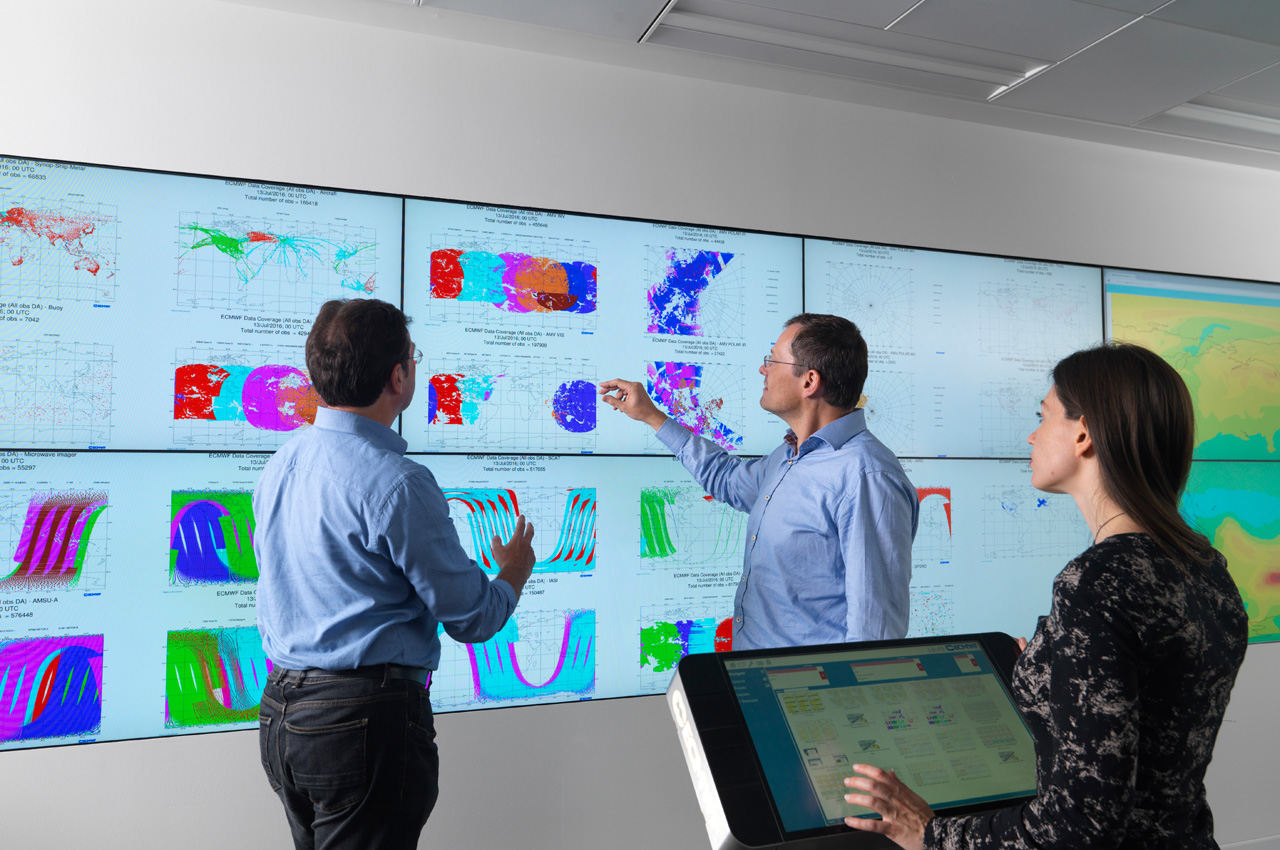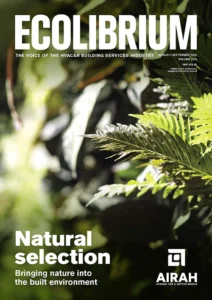Climate call and response

It’s official: July 22, 2024 was Earth’s hottest ever day, reaching a daily global average temperature of 17.16°C as global heat records continue to tumble at an alarming rate.
According to Copernicus Climate Change Service (C3S) data, this exceeds the previous record of 17.09°C recorded on July 21, just one day earlier.
C3S director Carlo Buontempo says what is truly staggering is how large the difference is between the temperature of the past 13 months and the previous temperature records.
“We are now in truly uncharted territory and as the climate keeps warming, we are bound to see new records being broken in future months and years,” he says.
The rises in temperature have world leaders calling for urgent global action. UN secretary general António Guterres believes the temperature increases will result in significant public health issues. He says combining new cooling approaches with heat health warning systems could save up to 100,000 lives a year globally.
Looking to the future
A research project led by the Centre for Sustainable Cooling and the Africa Centre of Excellence for Sustainable Cooling and Cold-Chain (ACES) in Kigali, Rwanda, has released a report titled The hot reality: Living in a +50°C world.
The report explores the need for easily accessible cooling on a global scale. Authored by Dr Tim Fox, Dr Leyla Sayin and Professor Toby Peters with contributions from 35 experts across the world, it delves into why cooling should be recognised as a form of critical national infrastructure.
The report finds that as the severity and length of heatwaves increases, humans need access to better cooling options for comfortable living, health, productivity, food and data. It explores four main themes:
- The impacts of heat on people, places and the functioning of society
- How can we adapt to heat impacts and become more resilient?
- Why should cooling be designated as critical national infrastructure?
- Where are the globally relevant gaps in research and how do we address them?
One of the key recommendations from the report is that a holistic systems-level thinking approach needs to be developed on an international level for cooling infrastructure and maintenance. Funding needs to be provided for studies and programs to progress the development of environmentally sustainable, fair and equitable cooling solutions.
Refrigeration sensation
The Institute of Refrigeration (IOR) and the International Institute of Refrigeration (IIR) are hosting the first global refrigeration and extreme heat conference in the UK next year.
The conference’s theme is “The Role of Refrigeration in Adapting to Rising Ambient Temperatures”. The IOR says it will explore the critical issues the refrigeration, air conditioning, and heat pump sectors are facing, which are becoming more complex as temperatures rise.
Take it up a notch
Also in the UK, retailer Morrisons has turned the temperature up from -15°C to -18°C in the frozen food sections in 10 of its supermarkets.
The International Institute of Refrigeration Centre for Sustainable Cooling released a report last year called Three Degrees Of Change, predicting that increasing freezer temperatures across global supply chains by 3°C could save up to 8.6 per cent of the UK’s energy consumption.
Morrison says the move will help the organisation achieve net zero carbon emissions from its own operations by 2035. It is one of the first companies in the UK that is joining the Move to -15°C Coalition, an initiative that aims to cut carbon emissions in the frozen food supply chain.
The original industry standard of food being transported and frozen at -18°C was set almost a century ago and hasn’t changed since.
Move to -15°C is gaining in popularity across the globe and aims to secure support across the entire frozen food supply chain. One of its supporters, Nomad Foods (the company behind brands such as Bird’s Eye and Findus), released a report on a 12-month study that revealed it saved 10–11 per cent in freezer energy consumption by changing freezer temperatures to -15°C.
“By redefining temperature set points, we stand to make a significant impact in the decarbonisation of global supply chains,” says Chairman of the Move to -15°C Coalition, Thomas Eskesen.
Feature image: Weather room at the European Centre for Medium-Range Weather Forecasts, courtesy of Copernicus.

This article appears in Ecolibrium’s August-September 2024 edition
View the archive of previous editions
Latest edition
See everything from the latest edition of Ecolibrium, AIRAH’s official journal.




